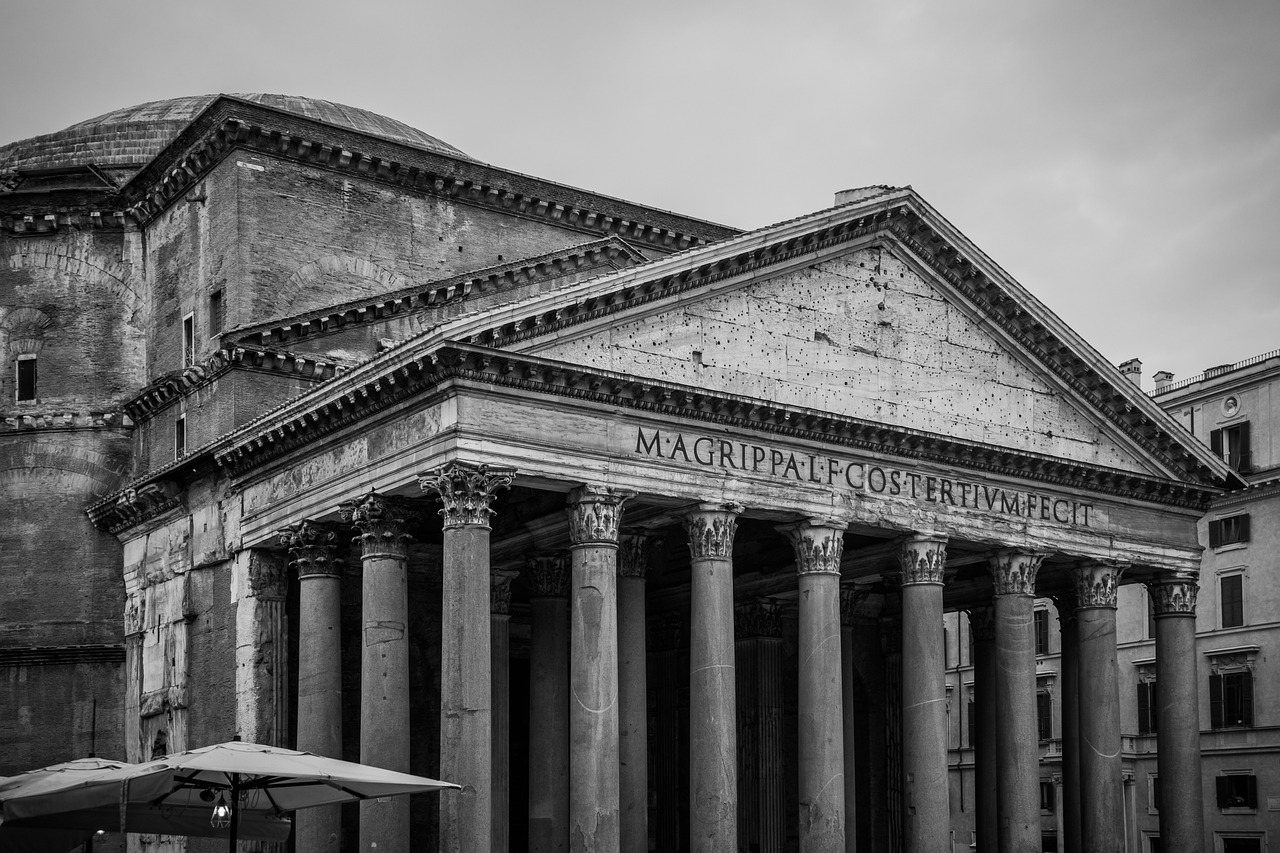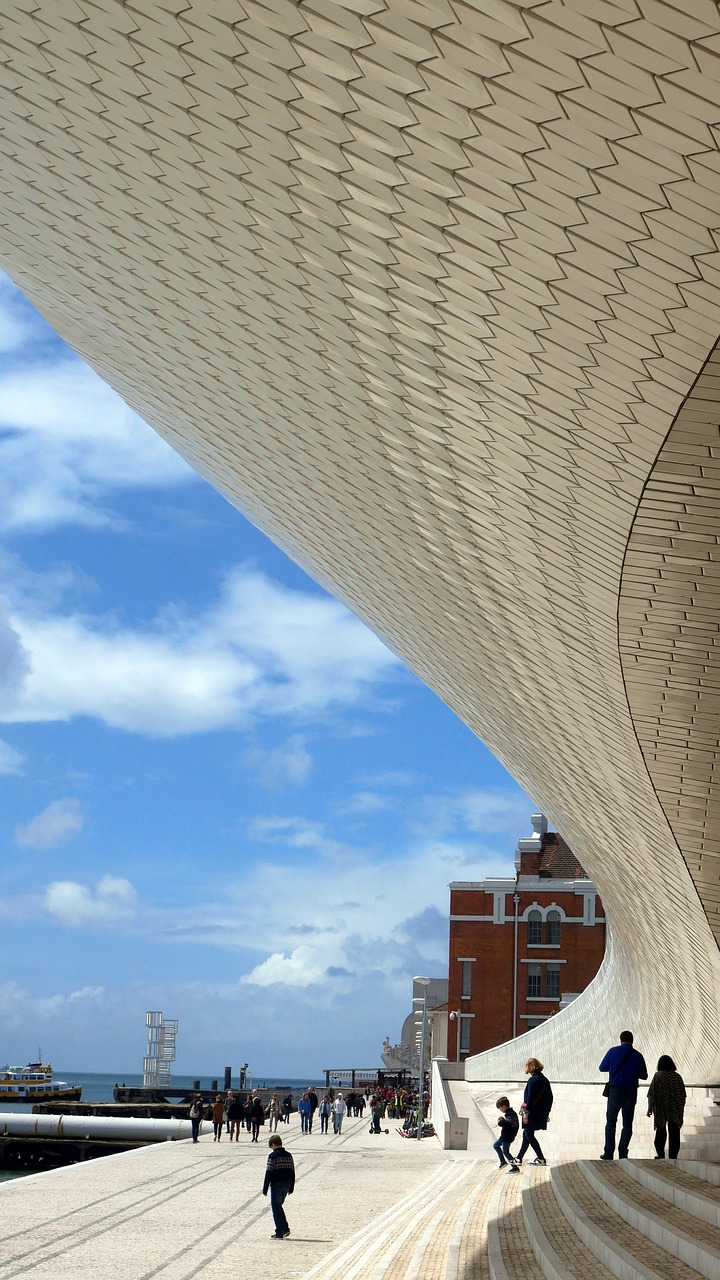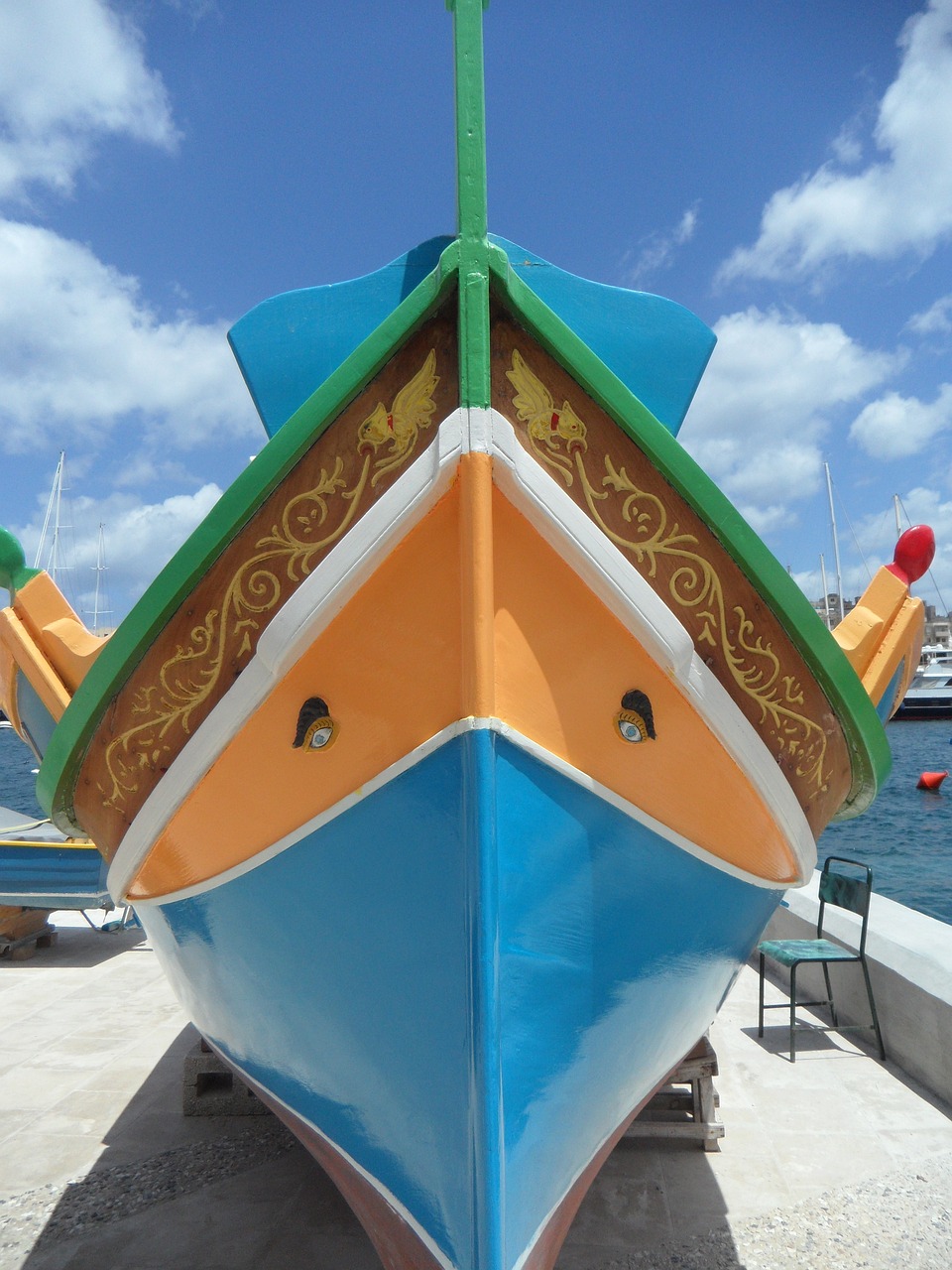-

The Pantheon in Rome, an architectural marvel, traces its origins back to 27 BC when Marcus Vipsanius Agrippa initiated the construction of what appears to have been a typical Classical temple—a rectangular structure featuring a gabled roof and a surrounding colonnade. This initial phase was completely overhauled during the reign of Emperor Hadrian, around AD…
-
This week, my focus is on the ancient goddess Neith. My fascination with her began during my university studies when I was tasked with an assignment on Egyptian mythology. As I delved into various topics, particularly related to gender, funerary practices, and mythology, Neith naturally captured my interest. Her titles like ‘Mistress of the Bows’…
-

Lugh is a significant figure in Irish mythology, revered for his diverse roles as a mighty deity, human hero, warrior, ruler, sun god, and master craftsman. The intertwining of oral traditions and myths makes it challenging to delineate between history and legend, yet Lugh stands out as one of the most potent Celtic gods. Some…
-

Understanding Maat: The Essential Principle of Egyptian Civilization Maat, representing concepts like justice, truth, and balance, is intrinsic to the fabric of Egyptian culture. This concept operates in various spheres—religious, cosmic, and personal—making it impossible to discuss ancient Egyptian civilization without acknowledging maat. Distinguishing between ‘maat’ (the principle) and ‘Maat’ (the goddess) is important; this…
-

Vesta: The Goddess of Hearth and Home Vesta, the revered goddess of the hearth, symbolizes the sacred fire that resides within homes, emphasizing purity and virginity. She is remembered not only through offerings of food, incense, and milk but also through the devotion of her priestesses and the cultural rituals surrounding her worship. Vesta in…
-
Years ago, I forged a friendship with George, an enthusiastic historian of ancient Celtic culture. While sharing drinks in a pub, he captivated me with tales of the seldom-discussed Celtic deities of creativity, particularly the god Gobhniu alongside his companions, Luchta and Creidhne. As George unraveled these engrossing stories about the gods of metalsmithing, I…
-

In the rich tapestry of Irish and Celtic mythology, one tale that captivates the heart is the poignant romance between Niamh and Oisín, emerging from the Fenian Cycle. This story unfolds after a fierce battle, where Fionn Mac Cumhaill and his gallant warriors, the Fianna, found solace by the serene shores of Loch Lein in…
-

Exploring the Divine Feminine through Meretseger The Divine Feminine embodies a balance between masculine and feminine energies, crucial for achieving inner harmony and contributing positively to the world around us. Regardless of one’s physical gender or self-identification, this balance is vital for personal and collective well-being. The Enigmatic Meretseger Meretseger, an Ancient Egyptian Cobra Goddess,…
-
Tefnut, often referred to as Tefenet or Tefnet, was a significant goddess in ancient Egyptian mythology, embodying moisture while also being intricately linked to both solar and lunar elements. Known as one of the “Eyes of Ra,” Tefnut personified both the lunar moisture and the solar dryness. Her name translates to “She of moisture,” deriving…
-

Exploring the Underworld Journey In the realm of the afterlife, the spirit of the departed would encounter a series of divine entities, mythical beings, and guardians as they navigated their way to meet Osiris and enter the Hall of Final Judgment. This critical meeting would offer the deceased a chance to argue for their right…


